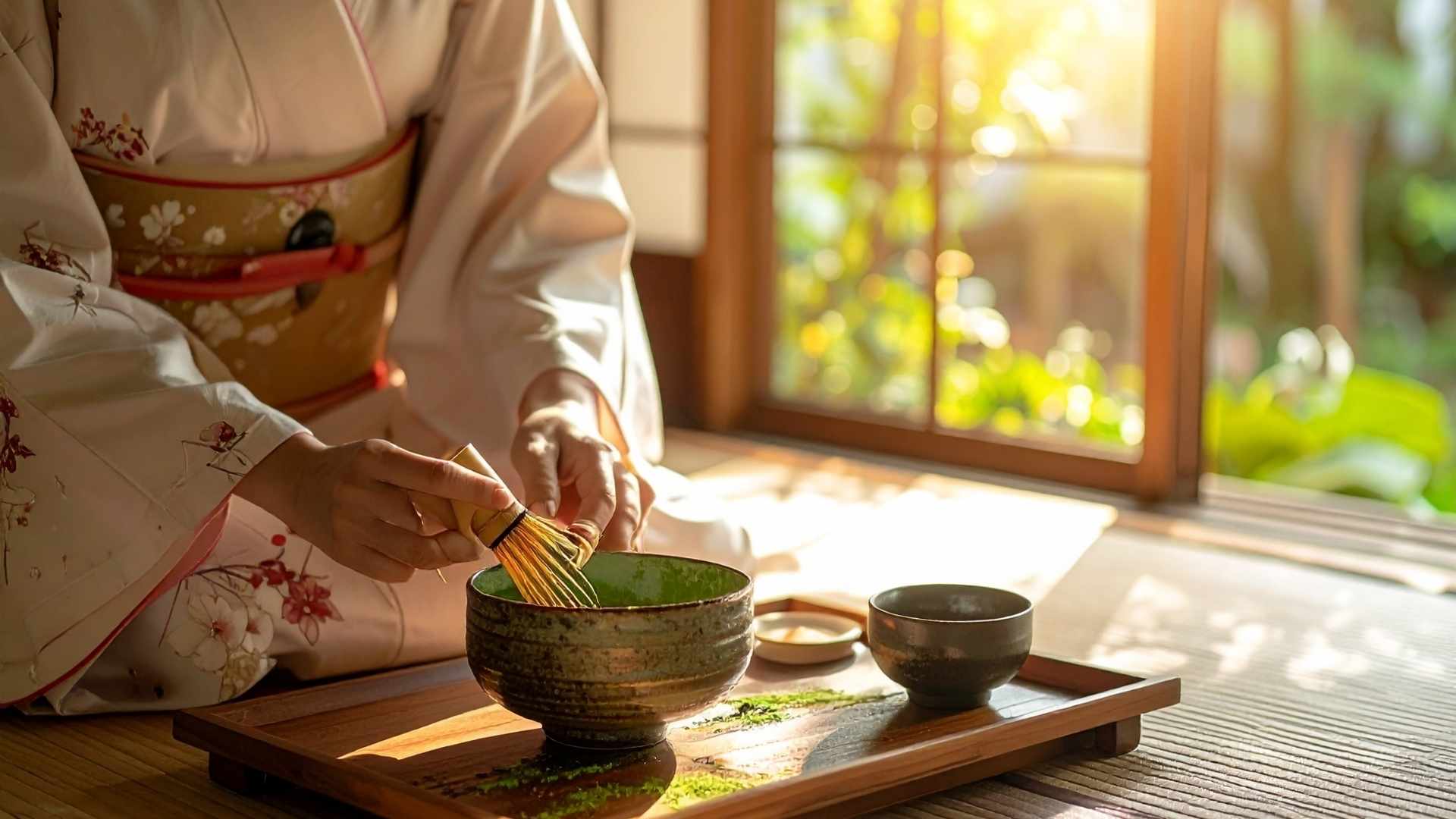Matcha tea, with its distinctive flavor, has captured the hearts of many people around the world, but it has also found those who do not appreciate it at all. Something similar happens when we expose ourselves on social media. As we gain popularity and our voice resonates with more ears, we not only encounter people who disagree with our view on matcha but also those who criticize us directly.
In the vast digital world, the more we shine, the more we become the object of scrutiny, for better or worse. Social media, like a cup of matcha, offers us a mix of experiences. Some value the authenticity and passion we show, enjoying the content like one enjoys a well-prepared matcha. However, there are those who, instead of simply moving on, feel the need to express their disagreement (and in a big way!), not with what we say, but with who we are.
The growing visibility can be a double-edged sword. It gives us the opportunity to connect with more matcha lovers and potential consumers, but it also exposes us to detractors who, perhaps driven by envy or misunderstanding, seek to tarnish our success. It’s the price we pay for being exposed, for being seen and heard on a platform as vast and diverse as the internet.

My Personal Experience
In the early days of my journey in the world of matcha, when my presence on social media was smaller, the community was very receptive. Interactions were super authentic, and the support was palpable. As my business grew, logistics obviously became more complicated. With the increase in orders came unforeseen challenges, and what was once a wave of constructive comments transformed into a sea of criticism, many of which were destructive, attacking not only my opinions on matcha but also every little slip in the process.
None of this is pleasant, and the entire Matchaflix team strives to improve every day, although things don’t always go as we would like. However, we take most of the comments to heart and transform them into lessons to strengthen the service and take it to the level we want.
Why Users Become Haters
The proliferation of haters in the digital space is not a casual phenomenon. It feeds on various elements that create the ideal breeding ground: the anonymity that the internet allows, enabling many to express their most negative thoughts without fear; the jealousy and resentment generated by seeing the success or happiness of others; and the insecurities that, instead of being managed internally, are projected outward in the form of criticism and attacks.
This dynamic can be compared to the relationship people have with matcha. Just as this tea is not to everyone’s taste, each user has their own circumstances. But just as it is possible to pass on a food we don’t like without offending or publicly insulting, some prefer to express their displeasure in ways that go beyond a simple opinion, seeking to minimize or discredit both the content creator and those who find value in the posts. At its core, it’s a quest for validation, a need to be heard, even at the cost of mutual respect.

How to Deal with Haters
Dealing with these toxic profiles is not easy, primarily because no one likes to be attacked or insulted. But we must play the role of the adult in the conversation and not take the criticism personally.
Just like matcha, which not everyone enjoys, our content and perspectives will not be universally accepted, but that doesn’t make what we do any less valuable or valid.
Fostering a space of positivity is essential. Just as the tea ceremony is based on sharing and enjoying together, it is important to nurture a community that supports each other and values respect and constructive dialogue. This community can serve as a shield against negativity and toxicity. In my specific case, I feel very grateful because we have many friends who appreciate what we do and who we are.
In some situations, the best approach is simply to ignore or block. Some comments, laden with bitterness and no intention of building, should be treated like matcha powder that doesn’t dissolve well: let it go and focus on the essence of what you enjoy.
Lastly, but by no means least, it is crucial to remember the passion and purpose that led us to embark on this journey. The obstacles and criticisms may be numerous, but our reason for being and our love for what we do should be the compasses that guide us on our journey.




Share: